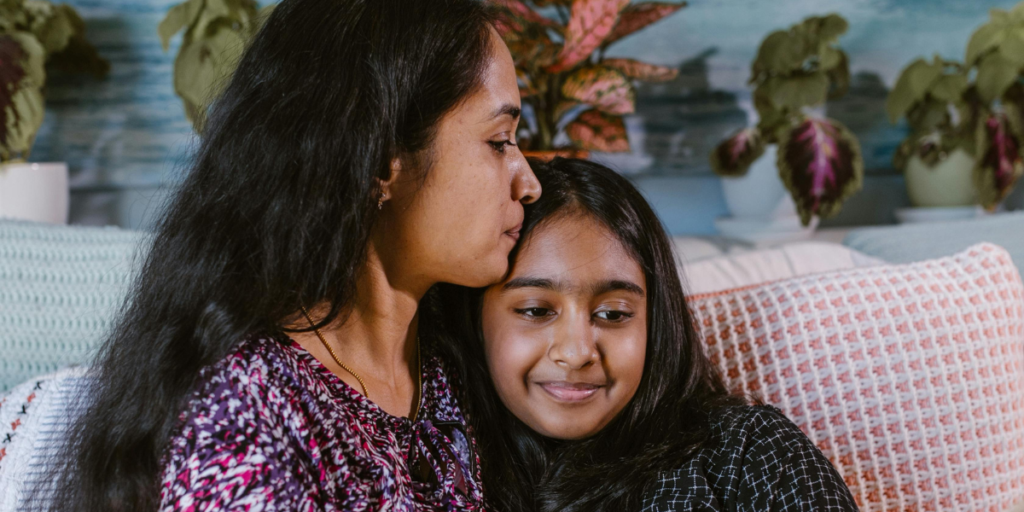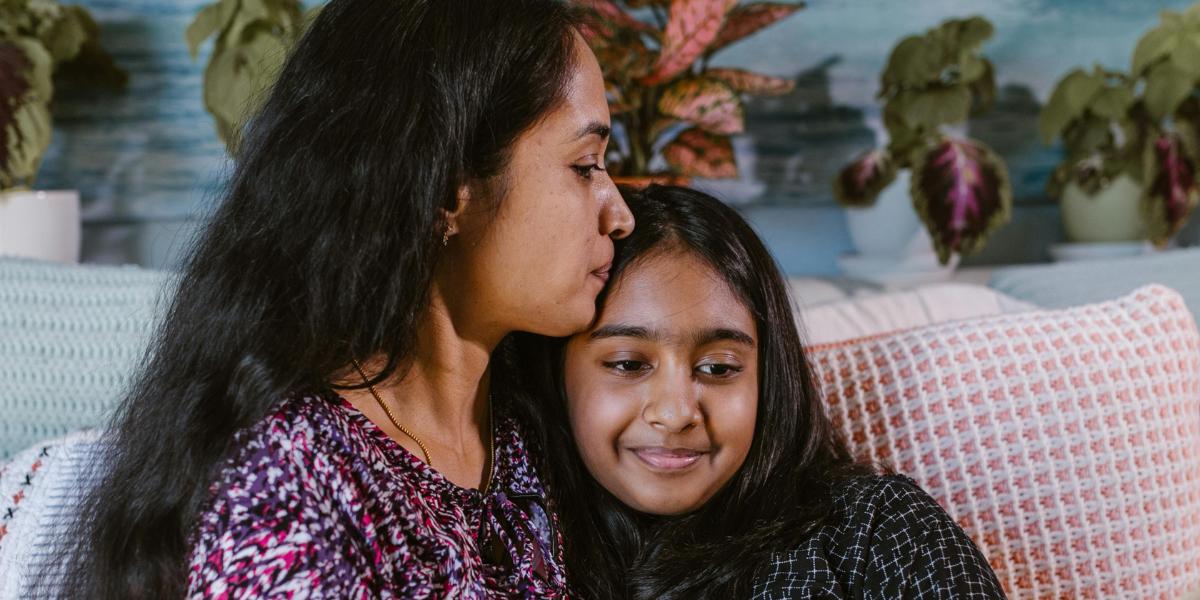With nearly two in five younger women aged 18 to 24 experiencing economic abuse in the last year – equivalent to over one million women in this age range – we cannot wait until 2158 to reach gender equality.
We must accelerate action to empower the next generation of young women by educating young people on what economic abuse is and by challenging the harmful societal attitudes and inequalities that underpin it.
Donate today
Economic abuse involves a current or ex-partner controlling a victim-survivor’s money and the things that money can buy with long-lasting and damaging effects.
Abusers control victim-survivors’ by monitoring their spending on banking apps, push them into debt by forcing them to buy things on credit they can’t afford, and destroy or damage their belongings, for example by throwing or smashing their mobile phones.
Our survey1, conducted by Ipsos UK and funded by VISION Consortium, found that among all younger women aged 18-24:
- One in seven had a partner or ex-partner control, or deliberately deprive them of daily essentials (e.g. food, shampoo or sleep)
- One in six had a partner or ex-partner deliberately destroy or damage property or their belongings, for example, punched walls, threw or smashed things (e.g. a mobile phone)
- One in eight had a partner or ex-partner threaten to share explicit images of them (e.g. with their friends, family, or employer, etc.) unless they agreed to give them money
While nearly three-quarters of all younger UK women have heard of the term economic abuse, almost half of the young women who experienced it could not identify their current or ex-partner’s economically controlling behaviour as abusive. Economic abusers steal younger women’s freedom, safety and independence. We must shift from awareness to action.
Support our campaign for change
We have worked tirelessly over the years to tackle gender inequality, getting economic abuse named in law and post-separation abuse criminalised. But much more needs to be done to prevent economic abuse from happening in the first place, and we need your help.
Donate todayWe are campaigning to make sure the government puts tackling economic abuse and its root causes at the heart of its mission to halve violence against women and girls in a decade. With the rise of harmful messaging online about men and boys’ power and control over women and girls’ economic resources, it’s never been more important.
We’re calling on the government to:
- Put economic abuse on the Relationships, Sex and Health Education curriculum so the next generation knows how to spot the signs and access support.
- Ensure school children learn how to respectfully manage money in a relationship.
- Work with experts like us to deliver behaviour-change campaigns to challenge harmful societal attitudes.
This International Women’s Day, help us accelerate action against economic abuse. Donate to us today and add your voice to join us in campaigning for change to empower the next generation of younger women.
Together, we can help break the cycle of economic abuse, so victim-survivors get the support they need and abusers are stopped in their tracks.
Add your name below:
Stand in support of victim-survivors and tell abusers there's no excuse for economic abuse.
Getting support
If you or someone you know is experiencing economic abuse, you are not alone. There are people and organisations that can help. We have information on support that is available.
- Ipsos UK conducted the survey online with women aged 18+ across the UK between 25th October and 1st November 2024. The survey included booster samples for disabled and ethnic minority women and was completed by 2849 women aged 18+ across the UK. Results were weighted to be nationally representative. ↩︎

